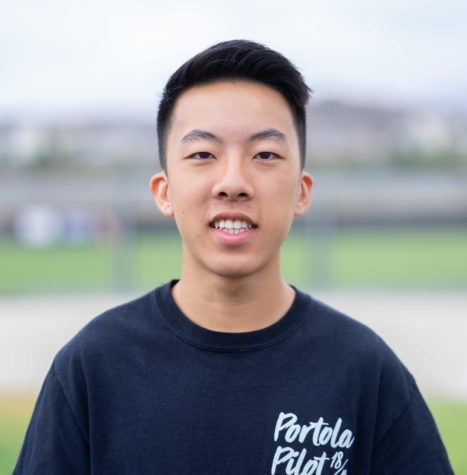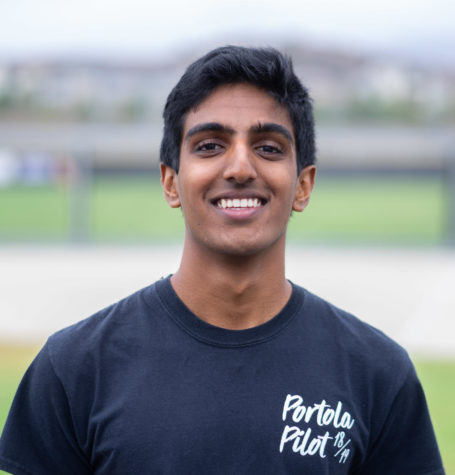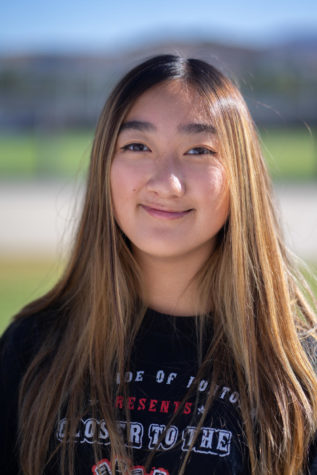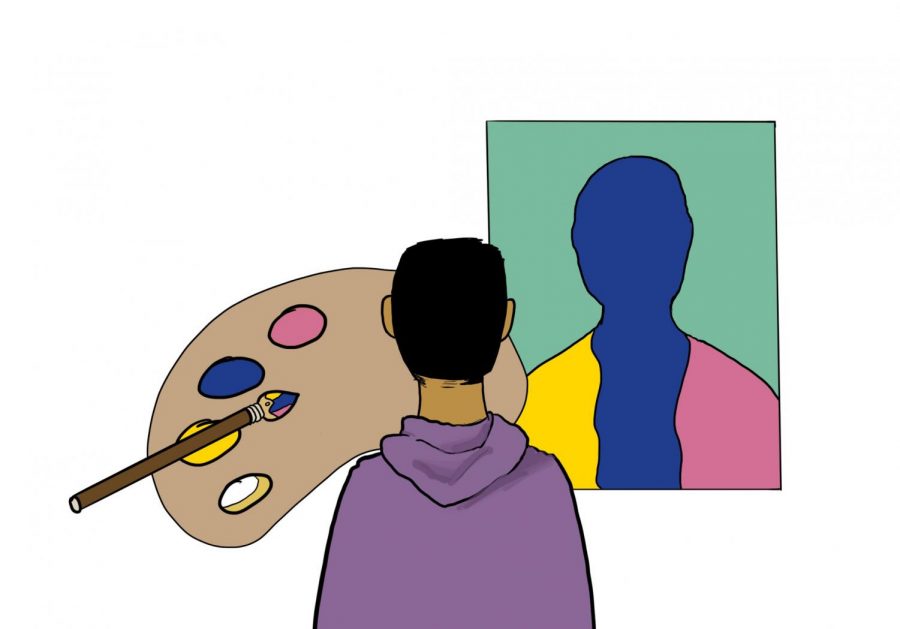Intersectionality Must Be Celebrated Sparingly
The components of an individual’s identity can be represented by a rainbow of colors, combining to create a brilliant canvas of interwoven shades and hues, each with their own unique hardships.
The intersection of identities, known as intersectionality, is generating real problems in the workforce and higher education for those who straddle multiple underrepresented or historically-disadvantaged identities.
Social theorist Kimberle Crenshaw first coined the term in 1989 as a celebration of diversity. However, according to Dr. Seena Skelton of the Swift Education Center, combining various aspects of one’s personality can often lead to even greater levels of adversity.
“If your identities place you in various non-dominant communities that are often marginalized in our society, then you likely have to contend with multiple systems of oppression such as racism, sexism and ableism,” Skelton said. “These interconnecting systems of oppression have compounding impacts and can cause harm.”
Today, we can find intersectionality in prominent societal constructs like the college admissions process. Policies like affirmative action simply cannot cover every single variation of intersectionality in a college applicant.
While unique extenuating life circumstances can contribute to an individual’s intersectionality as much as, if not more than, the identities targeted by affirmative action (race, gender, socioeconomic class), these specific traits that have so profoundly defined an individual’s unique personality can go unmentioned, unbeknownst to admissions councils.
The complex nature of intersectionality presents itself as both a blessing and a curse. If someone were an African-American woman in STEM, they would be able to identify with and enjoy the communities of their race, gender and profession. However, this combination of identities can exacerbate the obstacles felt by each, leading to disproportionate disadvantages in the workforce.
“It’s important that students brace themselves for a reality that I hope no one encounters. It would be great if Portola students go through the rest of their lives outside of Irvine never once encountering any form of racism or sexism or homophobia,” literary and language arts teacher Doris Schlothan said. “But people are treated differently, especially in the workforce….people will make jokes, assign you different things. Microaggressions are huge, and over time they build up and bring people down, make people feel different and unsafe.”
Whether it is in school or in the workplace, the seemingly permanent chain to a painting of multiple identities can pull an individual back as they strive to succeed. Intersectionality should be warily celebrated, as it can sometimes lead individuals to be hindered by the complex makeup of their own self.
Your donation will support the student journalists of Portola High School. Your contribution will allow us to purchase equipment and cover our annual website hosting costs.

Nicholas Hung is one of your 2019-2020 business managers. This is his second year on the Pilot and last year at Portola, and he hopes to get a steady flow...

Ajinkya Rane is one of the two Managing Editors, and it is his second year in that role. He has previously served as Co Editor-in-Chief and Sports Editor,...

Annie Qiao is your 2019-20 Arts & Entertainment Editor for her fourth year at the Pilot! As a passionate admirer of the arts, she hopes to bring a...




